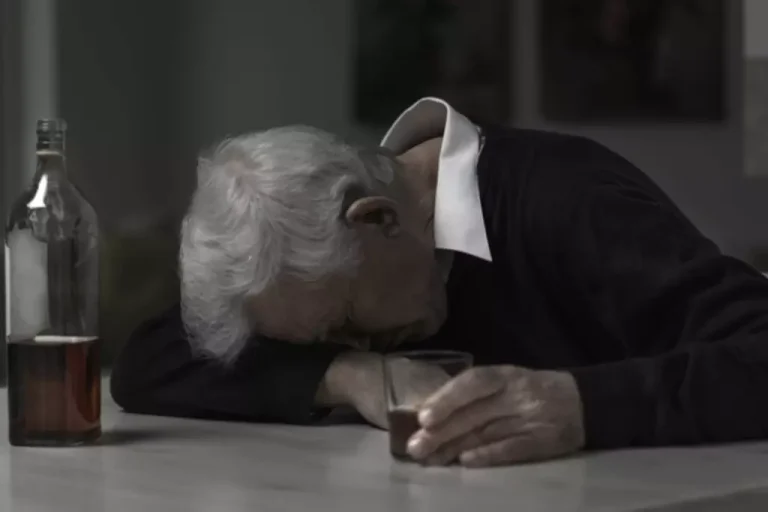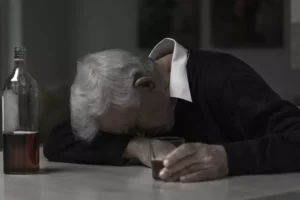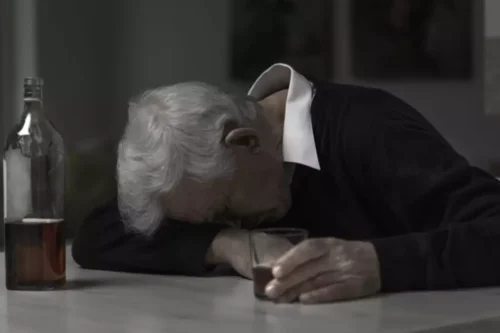
Addiction doesn’t happen from having a lack of willpower or as a result of making bad decisions. The relapse or recurrence of use process begins weeks or months before a person actually takes the substance. Early intervention increases the chances of returning to sobriety. About 85% of adults living with substance use disorder will relapse within a year of quitting their substance use. Many people develop substance use disorder after first using a gateway drug, which is often a drug that is more widely available and socially acceptable.

Addiction is a treatable disease

Legal medications on the other hand, such as over-the-counter drugs and cough suppressants, are categorized as Schedule V because of their low chances for abuse. Depending on the type of substance use disorder, the first stage of treatment may be medically assisted detoxification. During this process, healthcare professionals provide supportive care as the substance is cleared from your bloodstream.
Lotus Life Center
Usually a dependency is resolved by slowly tapering off the use of a particular substance. Medications can also reduce withdrawal symptoms and encourage recovery. In heroin use disorder, for example, your doctor may prescribe a drug addiction meaning medication called methadone or buprenorphine/naloxone (Suboxone). These medications can ease your recovery and help you cope with the intense withdrawal stage. Substance use disorder is a health condition involving compulsive substance use. Substance use disorder, on the other hand, is the collection of behavioral, mental, emotional, and physiological symptoms that occur when someone continues to use substances despite negative consequences.

Cognitive-behavioural therapy (CBT)

Though it’s a treatable illness, substance use disorder recovery often involves a lifelong cycle of relapse (recurrence of use), withdrawal, and abstinence. The experience of problems is central to the diagnosis of addiction. They may also face increasingly dangerous situations in pursuit of a substance supply. Independent of the addictive process, problems can also develop from the taking of any chemical substance.
- Severity is based on the number of criteria a person meets based on their symptoms—mild (two to three criteria), moderate (four to five criteria), or severe (six or more criteria).
- Smoking cigarettes, cigars, or pipes, chewing tobacco, or using snuff can quickly lead to nicotine addiction.
- For instance, GHB, a naturally occurring substance in the central nervous system is considered a drug, and is illegal in many countries, while nicotine is not officially considered a «drug» in most countries.
- Missing your usual morning cup of coffee, for example, might result in symptoms of caffeine withdrawal such as fatigue, headache, and irritability.
- Your doctor can help assess the situation, discuss treatment options and guide you toward the right support.
- Serious complications can cause health concerns or social situations to result in the end of a life.
Abuse liability
- It is also helpful for medical professionals when writing prescriptions.
- This can be difficult and draining, so make sure to take care of yourself physically and emotionally.
- By Melissa Porrey LPC, NCCPorrey is a licensed professional counselor and writer based in DC.
- That’s why smoking leads to more deaths from heart disease than from smoking-related cancers.
- Many people develop substance use disorder after first using a gateway drug, which is often a drug that is more widely available and socially acceptable.
Through consideration of addiction alongside the biological, psychological, social, cultural and spiritual (biopsychosocial–spiritual) elements which influence its experience, a holistic and comprehensive understanding can be built. Substance addiction (also called drug addiction) is a disorder characterized alcoholism by a compulsive desire to continue taking a drug in spite of harmful consequences. Although variable among the states, typical BAC levels that define alcohol intoxication are 80 mg/dL to 100 mg/dL (.08% to 0.1% BAC).


Comentarios recientes